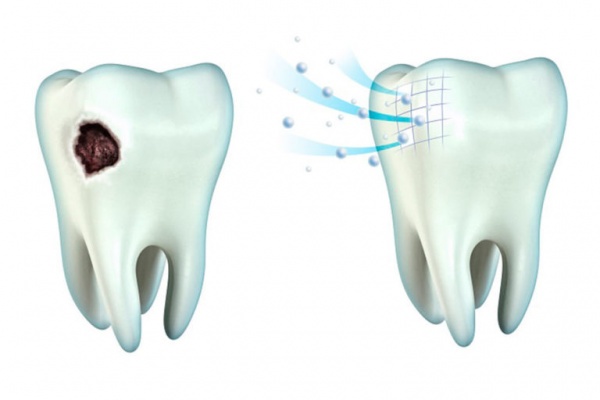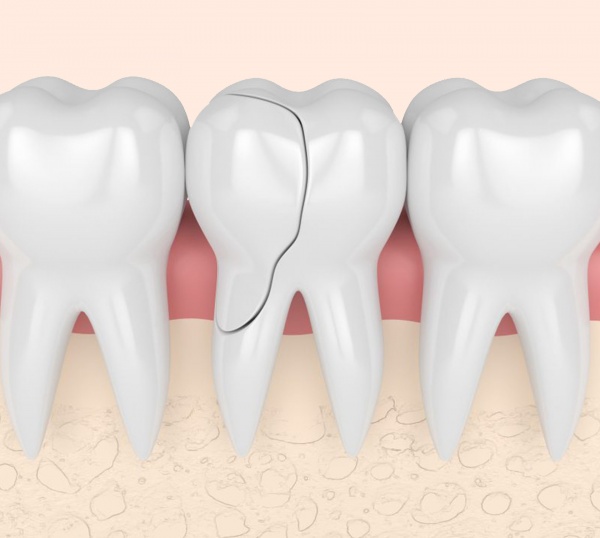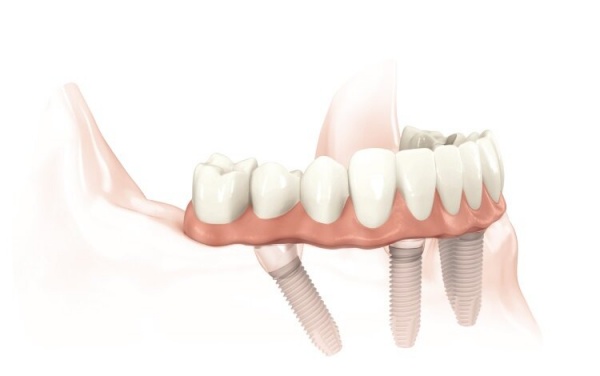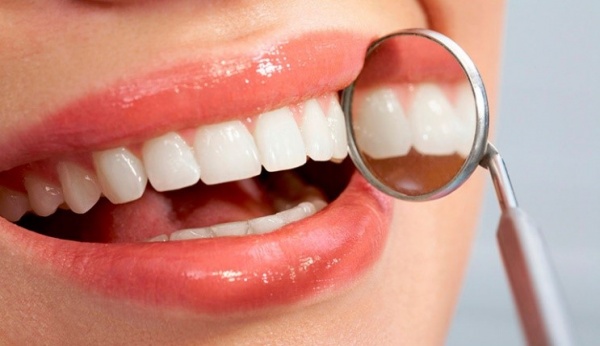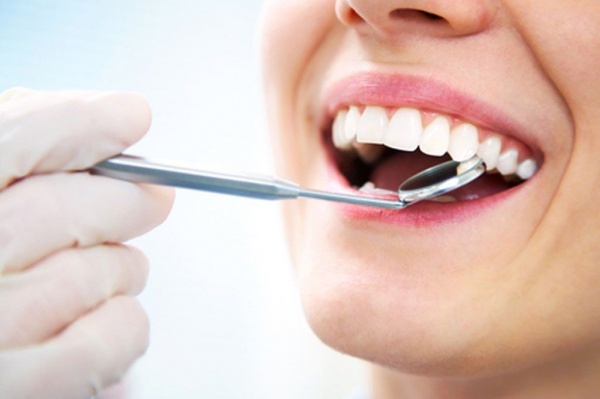Dental pain can be completely unpredictable, and sometimes it catches you by surprise at the most inopportune times, such as a business trip or vacation. The patient does not always have the opportunity to visit the dentist immediately, but the discomfort of an acute pain is almost impossible to tolerate. In this case, the main task is to find a way to relieve the discomfort and try to promptly schedule a visit to the doctor.
Why does an acute toothache occur?
Pain is almost always a symptom of an inflammatory process and does not just appear. One of the most likely causes is pulpitis, which often follows untreated tooth decay. In this disease, the pulp, the soft tissue that fills the tooth cavity and contains many nerve endings, becomes inflamed. Hence the pain, which usually increases when lying down, so the attacks of severe pain often occur at night. With pulpitis, the pain is sharp, pulsating, and can extend not only to neighboring teeth, but even to the ear or throat.
Another common symptom of acute toothache is periodontitis, that is, inflammation of the apex of the tooth root. In addition to painful sensations in periodontitis, the patient may be bothered by swollen gums, cysts, and purulent discharge. Acute pain can be the result of mechanical trauma to the tooth or the tissues around it. Hyperesthesia or hypersensitivity of the teeth also causes pain, which goes away quite quickly, but brings a lot of discomfort.
What are the dangers of an acute toothache?
If you dull the pain on your own, it will only bring relief for a while, and then it will return again and again. This is fraught with the risk of the pain becoming chronic, the inflammation being neglected and leading to serious health problems. It is quite realistic to lose a tooth if the condition itself, which provokes the attacks of acute pain, is not treated. The earlier you make an appointment with a specialist, the easier and faster the treatment will be.
Of course, the best option is not to self-medicate, but to seek help from a dentist, who will diagnose, determine the cause of pain and propose a plan to solve the problem. However, we understand that it is not always possible to visit the doctor immediately, so before the visit you can try to relieve the pain with folk remedies.
These include:
- Gargle with herbs
- Taking painkillers. Remember that it must be done with the utmost caution, do not use strong drugs, especially antibiotics without a doctor's prescription
- Massaging certain points on the body, particularly on the hands between the index finger and thumb
- Compresses (but not hot - warming a sore tooth is categorically not recommended)
Remember that self-treatment can be fraught with serious consequences, and all home remedies only reduce the symptoms, but do not fight the disease itself, which caused the pain. Therefore, painful sensations are sure to return again if you do not timely visit the dentist.

